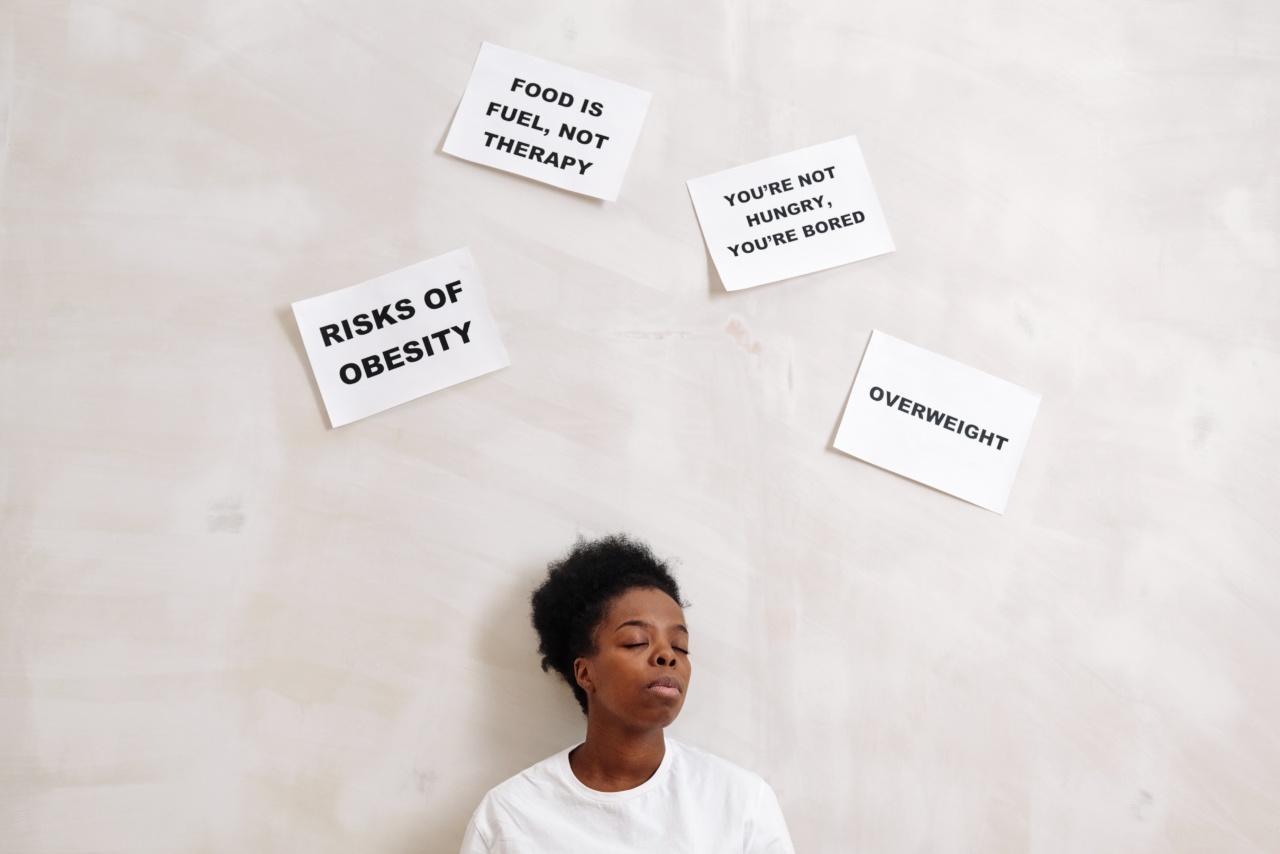3 Habits to Live to 100
Everyone wants to live a long and healthy life, but few people make the effort to adopt the habits that can make it a reality.
While genetics certainly play a role in how long we live, research suggests that lifestyle factors such as exercise, social connections, and healthy eating can help us live longer and happier lives.
One of the most important habits for longevity is regular exercise.
Not only does exercise improve overall health by reducing the risk of chronic diseases such as heart disease, stroke, and diabetes, it can also help improve mood, cognitive function, and quality of life.
According to a study published in the New England Journal of Medicine, individuals who engaged in moderate physical activity for at least 30 minutes per day had a 40% lower risk of premature death compared to their sedentary counterparts.
Additionally, research has shown that regular exercise can help slow down the aging process by protecting against cellular damage and inflammation.
Some great ways to incorporate exercise into your daily routine include brisk walking, cycling, swimming, or strength training.
Aim for at least 150 minutes of moderate exercise per week, or 75 minutes of vigorous exercise per week, to reap the full benefits of physical activity.
Habit #2: Foster Social Connections
Humans are social creatures, and research suggests that strong social connections can have a significant impact on longevity.
Not only do social connections provide a sense of purpose and belonging, they can also help reduce stress, depression, and anxiety, all of which can negatively affect health and well-being.
A study published in the JAMA Network Open found that individuals with strong social ties had a 50% greater likelihood of living longer than those with weak social ties.
Additionally, research has shown that social isolation and loneliness can have the same negative health consequences as smoking and obesity.
To foster social connections in your own life, try joining a club or organization that aligns with your interests, volunteering in your community, or simply reaching out to friends and family members on a regular basis.
By staying connected with others, you can improve your health and well-being while also enjoying the benefits of companionship and support.
Habit #3: Eat a Healthy Diet
A healthy diet is another important factor when it comes to longevity.
Eating a diet rich in fruits, vegetables, whole grains, and lean protein can help protect against chronic diseases such as heart disease, cancer, and diabetes, while also providing the essential nutrients needed for overall health and well-being.
The Mediterranean diet, which emphasizes fruits, vegetables, whole grains, nuts, and fish, has been shown to be particularly effective in promoting longevity.
In fact, a study published in the New England Journal of Medicine found that individuals who followed a Mediterranean diet had a 25% lower risk of premature death compared to those who did not.
In addition to following a healthy diet, it’s also important to practice portion control and moderation when it comes to indulgences such as alcohol, sweets, and high-calorie foods.
By finding a balance between healthy eating and occasional treats, you can enjoy a varied and satisfying diet that is both nutritious and delicious.
Conclusion
Living to 100 years or beyond is no simple feat, but by adopting the right habits and lifestyle choices, it is possible to increase your chances of a healthy and long life.
By exercising regularly, fostering social connections, and eating a healthy diet, you can improve your overall well-being while also enjoying the benefits of a longer life.































